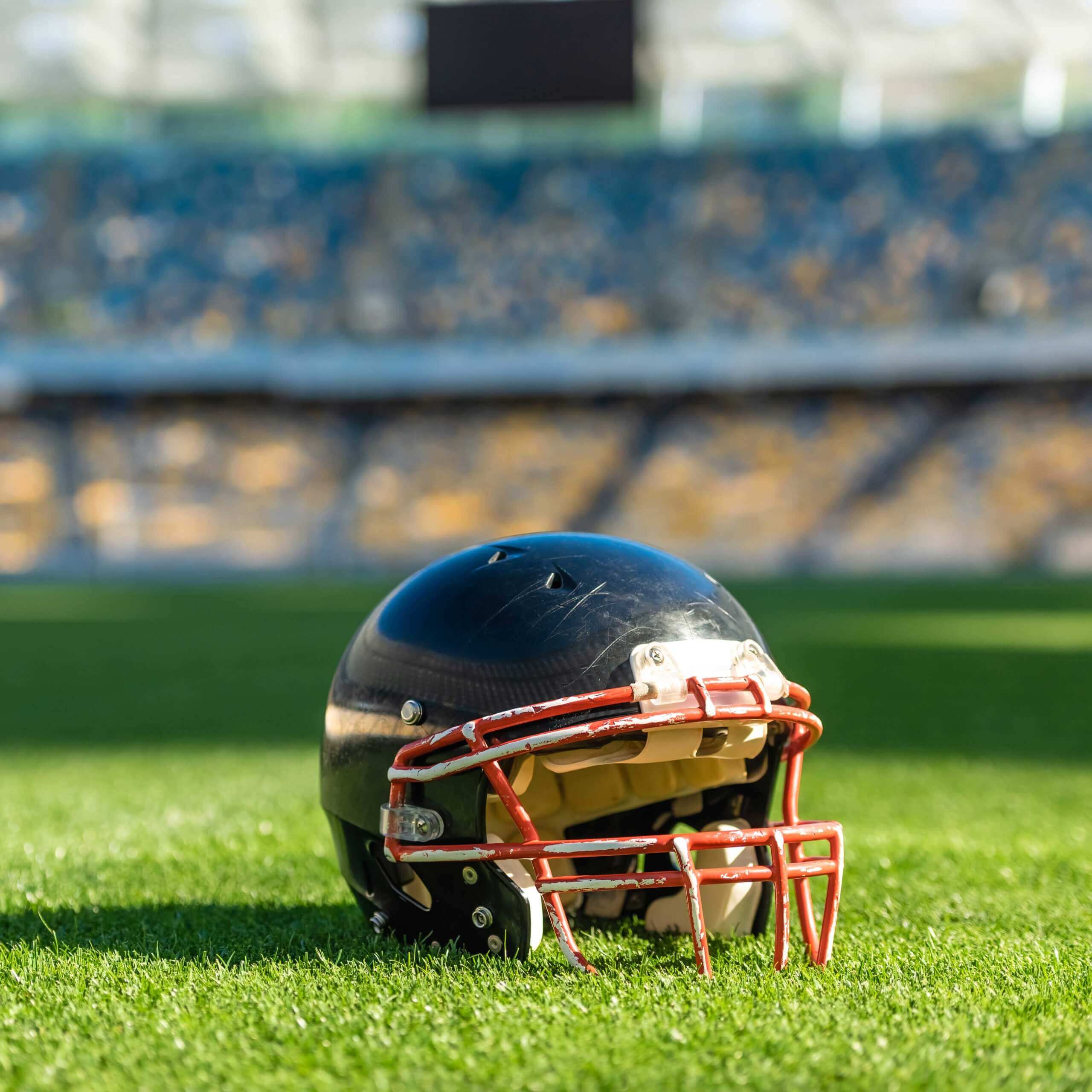Match-fixing, betting, and doping in football: Lessons from last season
30th July 2024
The Topline
“Sport needs integrity. Without it, sport becomes meaningless. As a result, sanctions for breaching the rules are severe. Not only for the good of the game, but for their own interests too, clubs should spend the time teaching players, coaches and all other staff about the rules around match-fixing, betting and doping, and the consequences of breaching those rules.”
Adam Melling, Associate, Employment & Sports Law


In football, last season saw a number of high-profile challenges to its integrity.
Paul Pogba received a four-year ban for four years for doping.
Sandro Tonali received a two-month suspended ban for betting violations almost immediately upon joining Newcastle (while serving his current betting ban). Tonali isn’t an isolated case. Almost every month, players, coaching staff and support staff are charged with betting violations. Harry Toffolo and Kian Harratt were two of the more high-profile players also sanctioned last season for placing a significant number of bets in breach of the rules.
Lucas Paquetá was recently charged with spot-fixing in respect of four Premier League matches at West Ham – we await the outcome of that case which, if he is found to be in breach, is likely to result in a significant ban.
The regulatory basics
In football, match-fixing, betting and doping are misconduct under the Rules of The FA.
Briefly:
- Match-fixing: Participants cannot seek to influence a match or competition for an improper purpose – this could be the match result (match-fixing) or anything else connected with it (such as picking up a yellow card or the number of corners – ‘spot-fixing’). Bribes or similar must also not be offered or accepted for such purposes, or for someone not to perform to the best of their ability.
- Betting: Betting on football is simply prohibited for participants at or above Step 5 of the National League or in the Women’s Super League or Championship (more limited restrictions apply below those levels). Results, scorelines, cards, corners, a player’s next club, a managerial appointment – you name it, it’s banned. It covers football anywhere in the world, even if you have no inside information or connection to the match. A youth match on a remote island you cannot pronounce – never mind remember – the team names of? Nope. There are also rules for passing inside information to others which is then used in relation to betting.
- Doping: There is a litany of anti-doping rule violations, from the presence in a sample or use or possession of prohibited substances, to evading, refusing or failing to submit a sample, missing tests or failing to provide whereabouts information for the purposes of testing.
In the Standard Playing Contract, use or possession of (or trafficking in) a prohibited substance is an express limb of gross misconduct, allowing a club to terminate summarily. Players also undertake not to knowingly or recklessly do, write or say anything which is likely to bring the Club or football into disrepute, breach the rules or damage the Club – a key undertaking if faced with match-fixing or betting (match-fixing could also lead to criminal proceedings, conviction for which would also give rise to a termination right in the event of a prison sentence of three months or more).
Lessons from recent cases on match-fixing, betting, and doping
Sandro Tonali
Sandro Tonali is currently serving a worldwide ban for betting violations during his time at AC Milan.
He recently received a further two-month ban, suspended till the end of the 2024/25 season, a £20,000 fine and a formal warning for breaching The FA’s betting rules for bets placed soon after his arrival in Newcastle, including bets on Newcastle to win four matches (three of which he played in).
Some key points for clubs can be taken from his case:
- Tonali said he was not ‘fully aware’ of the betting rules in England. While there were several reasons for this being unpersuasive in this case (including the fact that the relevant rules are the same in Italy and he knew he was not allowed to bet on football), it highlights the importance of educating players. New signings should receive training as soon as possible upon arrival and youth players should learn the scope of the rules before turning 18. Thereafter, regular training should be given, whether it be in conjunction with The FA or not. If a player does not have strong command of the English language, materials should be obtained in or translated into a language they are fluent in.
- Importantly, the Commission rejected the argument that the damage to the integrity of the game is insignificant or substantially lessened because the player bet on his own team to win rather than to lose. While betting on your own team to lose puts the offence into a more serious category for sanctioning purposes, anecdotally, players often wrongly assume betting on your own team to win is permissible. Without getting into the reasons for it, the regulations are clear that such bets cannot be placed and such bets attract a fine and a suspension between 0-6 months.
- Tonali made The FA aware of the bets and provided them with all the key evidence against him. Put simply, The FA would have had no case if Tonali hadn’t disclosed the extent of his breaches. While every case turns on its facts, the outcome (a two-month suspended ban, a relatively modest fine relative to wages, and a formal warning) ought to encourage players to voluntarily and proactively disclose wrongdoing. The Commission would never impose (or waive) a sanction such that breaching the rules puts the player in a better position than they would have been in but for the breach (of course), but such disclosure and assistance would more favourable than a gambling company notifying The FA of the breaches.
Paul Pogba
Italy’s national anti-doping tribunal handed Paul Pogba a four-year ban for the presence of testosterone metabolites not naturally produced by the human body in his samples.
When the news broke, Pogba stated he had, “never knowingly or deliberately taken any supplements that violate anti-doping regulations”.
It is reported that Pogba has now lodged an appeal to the Court of Arbitration for Sport to reduce his ban to two years (which would be on the basis that he can prove that the violation was not intentional, which is not simple – see (1) below).
There are some important lessons here:
- Importantly, the presence and use of prohibited substances are strict liability violations. In England, that means The FA does not have to prove intention, knowledge, fault or negligence on the part of the player. While lack of such elements can reduce the period of any ban (potentially to zero), it is a very challenging case to make. For a presence offence, the player would almost invariably have to establish how the prohibited substance entered their system to reduce the period of ineligibility, which is far easier said than done. You should ensure your players are aware of the strict nature of doping violations – the guiding principle is that they are responsible for whatever is found in their body.
- While on club premises, you should assume that responsibility (or pass it on to your food product suppliers through suitably drafted protections in commercial agreements).
- Clubs and players should exercise hypervigilance in relation to a player’s consumption of any medication (and the terms of any therapeutic use exemption, where applicable), supplements or performance products (energy gels, drink mixes and the like). Any supplements and other performance products they do take should be batch-tested for contaminants by a third-party like Informed Sport or NSF Certified for Sport.
- Ultimately, you cannot supervise a player 24/7. They have to take a significant proportion of the responsibility on themselves. You need to ensure that players understand both the anti-doping rules and the consequences of an anti-doping violation (and therefore the importance of exercising utmost caution with what they consume).
Lucas Paquetá
The FA has charged Lucas Paquetá for (it is alleged) intentionally picked up four yellow cards during Premier League fixtures for betting purposes.
It would not be appropriate to comment in detail on this case before judgment is handed down, although the key point for clubs is to impress upon players the seriousness of such conduct.
Players should be aware that The FA’s guidelines make the starting point a lifetime ban. While previous cases have not seen lifetime bans, they significant, potentially career-ending bans have been imposed.
It is doubtful that a player would become involved in match-fixing or spot-fixing if they were aware of the likely severity of the sanction.
Match-fixing, betting, and doping: How we can support you
The common thread throughout the key cases of last season is education. What are a player’s responsibilities, and what are the consequences in the event of breach?
We can help you convey that message and deal with when things go wrong. We can also ensure that you are protected in contracts with food suppliers in respect of doping and contamination, and in transfer agreements in respect of integrity concerns and warning signs.
Explore more updates for football clubs in the pre-season edition of Beyond the Game, here.







